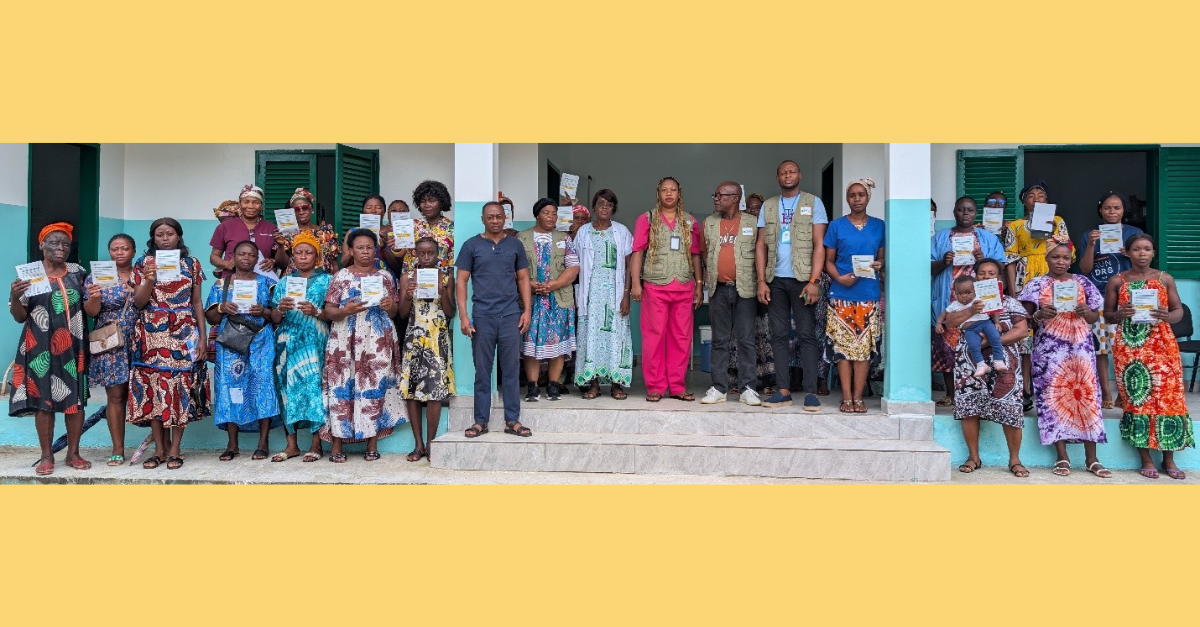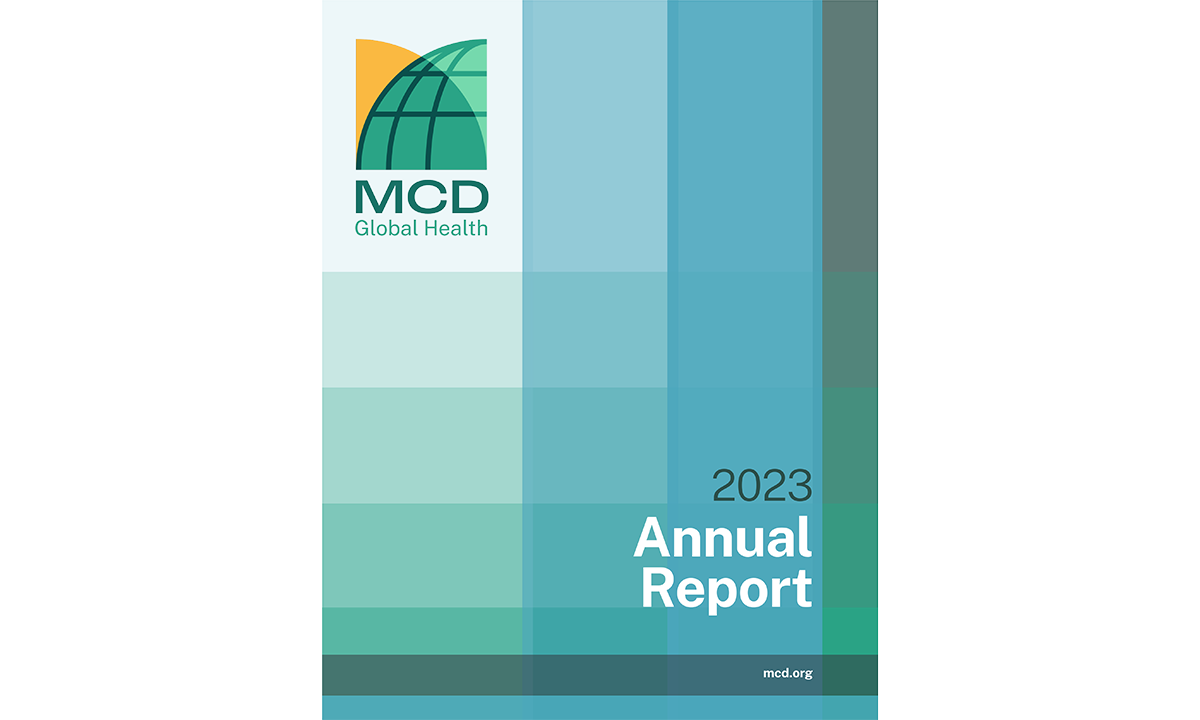The Cervical Cancer Screening and Treatment (CCST) project aims to save lives by implementing early cervical-uterine cancer screening and treatment for women who are in need of such treatment. By building a sustainable relationship with the national counterpart, the CCST project hopes to leave a long-lasting and positive impact on the health system in Equatorial Guinea.
During the first three phases of the project, our teams used visual inspection with acetic acid as the main diagnostic tool that involves inspecting the cervix for lesions after the application of acetic acid. Visually inspecting the cervix using acetic acid is a reliable method for detecting most precancerous lesions.
During phase 4 of the project, visual inspection with Lugol’s Iodine technique of pre-cancerous lesions was introduced. Several articles show that the Lugol's technique increases the sensitivity of cell detection through visual inspection with acetic acid and helps delimit lesions. Lugol's technique is simple and can be quickly learned by health professionals.
If these methods result in a positive case, then cold coagulation therapy is used early on to help prevent the progression to cancerous lesions. Cold coagulation therapy destroys the affected area of the cervix so that normal cells can grow back in their place. The procedure is affordable, requires minimal training, and has minor side effects for patients. Patients who have lesions are referred to specialized gynecological services for follow up and treatment.

 “During 2018, the field campaign reached eight to 10 districts where we served 1,600 women. This was very impressive, and people liked it. There were some women who arrived when we were closing, and we had to reopen to attend to them because it would be a shame to leave them unseen. The saddest thing is that there were some positive cases found (women who presented signs of cervical cancer). We provided services women from the early morning until 5 or 6 in the afternoon. We always provide services to anyone, in particular to those who had made the effort to get there.”
“During 2018, the field campaign reached eight to 10 districts where we served 1,600 women. This was very impressive, and people liked it. There were some women who arrived when we were closing, and we had to reopen to attend to them because it would be a shame to leave them unseen. The saddest thing is that there were some positive cases found (women who presented signs of cervical cancer). We provided services women from the early morning until 5 or 6 in the afternoon. We always provide services to anyone, in particular to those who had made the effort to get there.”

